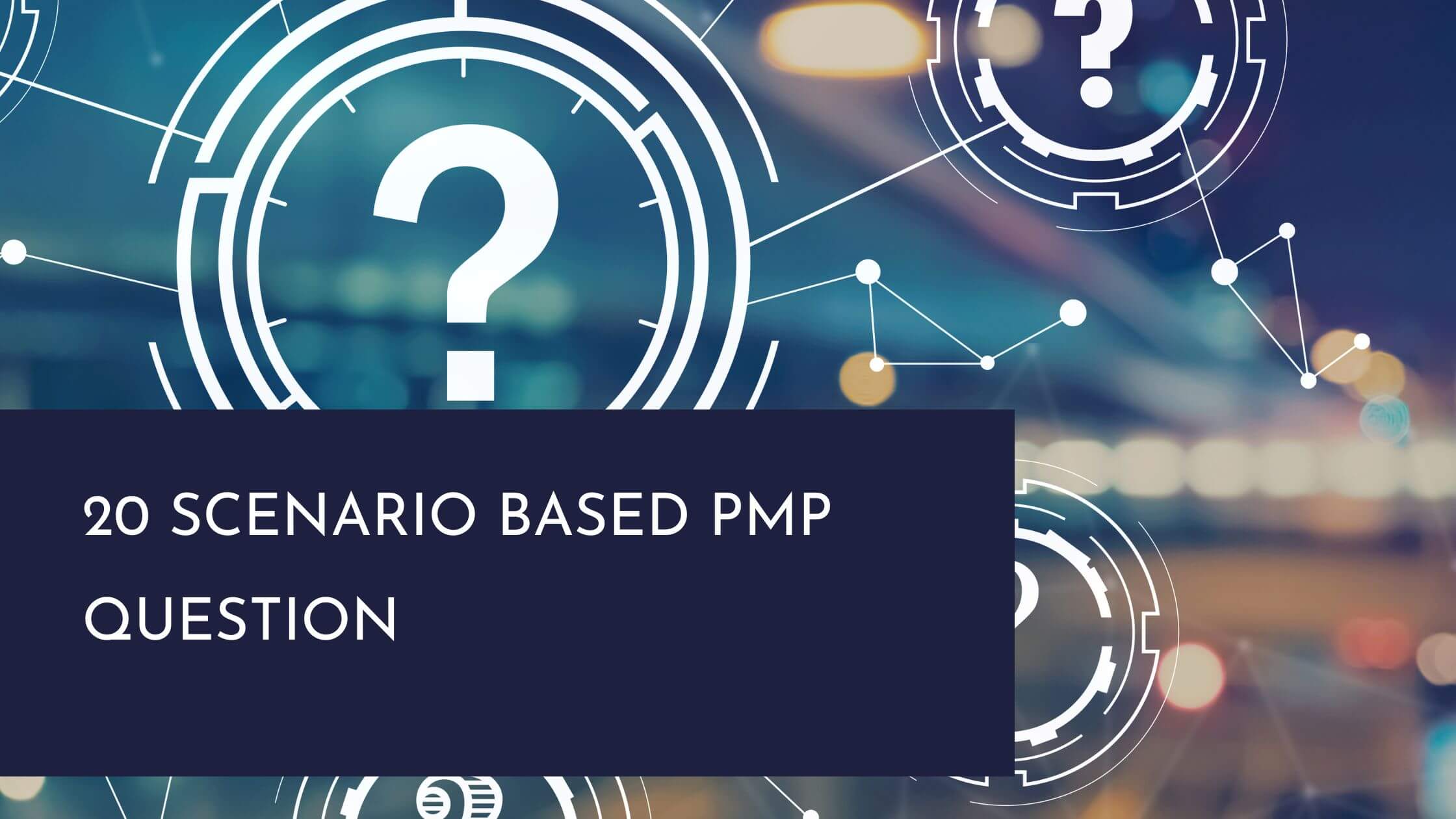PMI-ACP vs CSM: Which Certification Will Advance Your Career More?

Project management is an essential element of many organizations. As the world continues to evolve, the need for professionals to stay updated on the latest project management practices and methodologies has become even more critical. Two certifications that are highly valued in the field of project management are the PMI-ACP vs CSM certifications. In this article, we will explore the differences between these two certifications, and which one may be better suited for advancing your career.
Explanation of PMI-ACP and CSM Certifications:
PMI-ACP is a certification offered by the Project Management Institute (PMI) for Agile practitioners. The certification demonstrates an individual’s knowledge and skills in Agile methodologies, specifically in areas such as Scrum, Kanban, and Lean. The PMI-ACP certification also requires an individual to have at least 2,000 hours of project management experience, with 1,500 of those hours being spent working on Agile projects.
The CSM certification is offered by the Scrum Alliance and is focused specifically on Scrum methodology. The certification demonstrates that an individual has a comprehensive understanding of Scrum principles, values, and practices. The certification also requires that an individual attend a two-day training course and pass an exam.
Reads Also, the-advantages-of-online-assignment-help-why-students-are-choosing-it-over-traditional-methods/
Importance of Certifications in Career Advancement:
Certifications can be an essential element in career advancement. Employers often look for individuals who have certifications in their field, as they are an indication that the individual has taken the time to invest in their knowledge and skills. Certifications can also provide a competitive advantage when seeking employment or promotion.
Overview of the Comparison between PMI-ACP vs CSM:
The PMI-ACP vs CSM certifications are both highly regarded in the Agile project management industry. The certifications are similar in that they both focus on Agile methodologies, but there are some key differences between the two.
PMI-ACP Certification:
The PMI-ACP certification is broader in scope than the CSM certification, as it covers Agile methodologies beyond just Scrum. The PMI-ACP certification also requires a significant amount of project management experience and education, making it a more comprehensive certification.
Benefits of PMI-ACP Certification:
The PMI-ACP certification can provide individuals with a broader understanding of Agile methodologies beyond Scrum. The certification can also demonstrate to employers that an individual has a deep understanding of project management principles and practices.
Advantages of PMI-ACP Certification over CSM:
One advantage of the PMI-ACP certification over the CSM certification is that it covers Agile methodologies beyond just Scrum, making it a more comprehensive certification. Additionally, the PMI-ACP certification requires a significant amount of project management experience, making it an excellent option for individuals with a strong background in project management.
CSM Certification:
The CSM certification is focused solely on Scrum methodology, making it a more specialized certification. The certification is also more accessible to obtain than the PMI-ACP certification.
Benefits of CSM Certification:
The CSM certification provides individuals with a comprehensive understanding of Scrum methodology, making it an excellent option for individuals who are focused solely on Scrum. The certification is also relatively easy to obtain, as it only requires attending a two-day training course and passing an exam.
Advantages of CSM Certification over PMI-ACP:
One advantage of the CSM certification over the PMI-ACP certification is that it is more focused on Scrum methodology, making it an excellent option for individuals who are primarily focused on Scrum. Additionally, the certification is easier to obtain than the PMI-ACP certification, making it an excellent option for individuals who are just starting their Agile journey.
Here are some additional points to consider when comparing PMI-ACP and CSM certifications:
- Recognition: Both certifications are widely recognized in the industry, but the PMI-ACP certification is more globally recognized, while the CSM certification is more recognized in the United States.
- Exam format: The PMI-ACP exam is a computer-based test that consists of 120 multiple-choice questions, while the CSM exam is an online, open-book exam that consists of 50 multiple-choice questions.
- Renewal requirements: The PMI-ACP certification requires individuals to earn 30 Professional Development Units (PDUs) every three years to maintain their certification, while the CSM certification requires individuals to renew their certification every two years by paying a fee.
- Job opportunities: Having either certification can open up job opportunities, but some job postings may specifically require one or the other. It is important to research job postings and requirements in your desired field to determine which certification may be more beneficial.
- Industry focus: The PMI-ACP certification is more suited for individuals working in software development, IT, and project management, while the CSM certification is more suited for individuals working in software development and project management, particularly in Scrum teams.
Comparison between PMI-ACP and CSM:
When comparing the PMI-ACP and CSM certifications, there are several factors to consider. One factor that individuals should consider is their career goals. If an individual is focused on project management and wants to demonstrate their knowledge and expertise in Agile methodologies beyond just Scrum, the PMI-ACP certification may be a better option. However, if an individual is solely focused on Scrum methodology, the CSM certification may be a more appropriate choice.
Another factor to consider is the level of experience an individual has in project management. The PMI-ACP certification requires a significant amount of project management experience, making it a more suitable option for individuals who have a strong background in project management. On the other hand, the CSM certification is more accessible to obtain and may be a better option for individuals who are just starting their Agile journey.
It is also essential to consider the cost and time commitment required for each certification. The PMI-ACP certification is more expensive and time-consuming to obtain, requiring individuals to complete 21 contact hours of training and pass a rigorous exam. The CSM certification, on the other hand, only requires individuals to attend a two-day training course and pass an exam.
Conclusion:
Both the PMI-ACP and CSM certifications are highly valued in the Agile project management industry, and the choice between the two ultimately depends on an individual’s career goals and level of experience. The PMI-ACP certification is broader in scope, requiring more project management experience and education, and is a better option for individuals who want to demonstrate their knowledge and expertise in Agile methodologies beyond just Scrum. So why to wait , Join today PMI-ACP Bootcamp by EDUHUBSPOT The CSM certification is more focused on Scrum methodology and is a better option for individuals who are solely focused on Scrum and maybe a more accessible option for those just starting their Agile journey.
Author: Axiswebart team has 5+ years of experience in writing content on Project Management topics and along with different publications. Also, they are delivering good write-ups on various other projects too.
Also READS, 6-strategies-for-passing-your-pmi-acp-exam-on-the-first-attempt/





